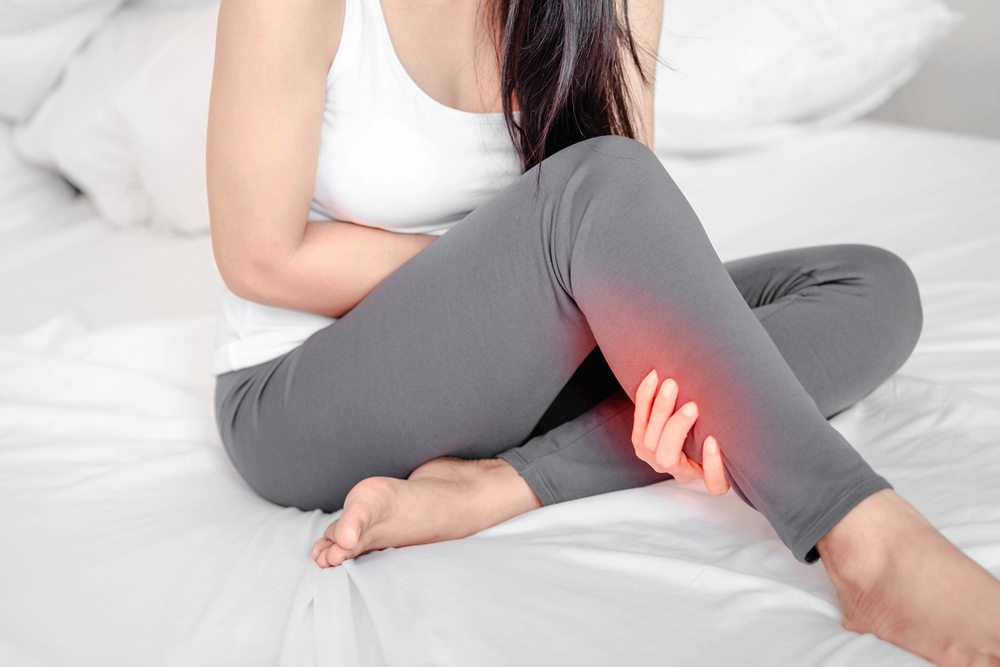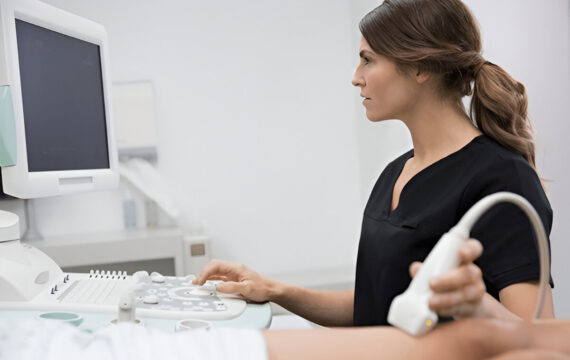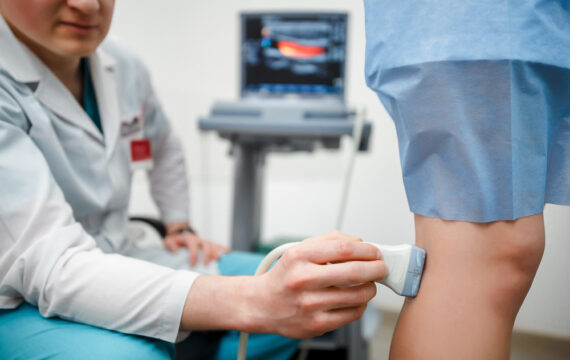Vein disease, or venous insufficiency, refers to conditions in which veins struggle to return blood back to the heart. When left untreated, vein disease can lead to progressively worse symptoms and serious health complications. Understanding the risks associated with untreated vein disease underscores the importance of early diagnosis and intervention.
What is Vein Disease?
Vein disease encompasses a range of conditions that affect the veins, primarily those in the legs. The most common form is chronic venous insufficiency (CVI), which occurs when the vein walls or valves in the legs don’t function effectively, causing blood to pool in the veins. Varicose veins and spider veins are visible signs of vein disease, while deep vein thrombosis (DVT), or blood clots in the deeper veins, represents a more serious and life-threatening form of venous disease.
Risks of Leaving Vein Disease Untreated
- Chronic Pain and Swelling Untreated vein disease often causes persistent pain, heaviness, and discomfort in the affected areas, particularly the legs. As the condition worsens, patients may experience chronic swelling (edema), especially after standing or sitting for long periods.
- Ulcers and Open Sores As vein disease progresses, it can lead to venous ulcers, which are open sores that develop due to poor circulation. These ulcers typically form near the ankles and are difficult to heal without proper treatment. Venous ulcers can become infected, posing further health risks and potentially leading to serious complications.
- Blood Clots One of the most dangerous risks of untreated vein disease is the development of blood clots. In cases of deep vein thrombosis (DVT), blood clots can form in the deep veins of the legs. If a clot dislodges, it can travel to the lungs and cause a pulmonary embolism (PE), a life-threatening condition that requires immediate medical intervention.
- Skin Changes and Hyperpigmentation Venous insufficiency can lead to skin changes such as hyperpigmentation, or darkening of the skin. These changes are due to the buildup of blood and other fluids around the affected area, which causes inflammation and damages the surrounding tissues.
- Increased Risk of Infections Poor circulation due to vein disease can impair the immune response, making the affected area more susceptible to infections like cellulitis. This bacterial infection of the skin can quickly spread and requires antibiotic treatment.
- Reduced Mobility and Quality of Life Untreated vein disease often leads to reduced mobility, as patients may experience pain, swelling, and cramping that make walking and physical activities uncomfortable. These physical limitations can negatively impact one’s overall quality of life, affecting work, social activities, and even mental health.
Why Early Treatment Matters
Early intervention for vein disease can significantly reduce the risk of complications and improve long-term outcomes. Treatments may include lifestyle changes, compression therapy, and, in more advanced cases, minimally invasive procedures to close or remove affected veins. These options are highly effective in managing symptoms, preventing disease progression, and restoring normal blood flow.
Conclusion
Untreated vein disease is not just a cosmetic concern—it can have serious health consequences. Chronic pain, blood clots, and even life-threatening conditions like pulmonary embolism can arise if vein disease is ignored. By seeking treatment early, individuals can prevent these risks and maintain better overall health and well-being.





